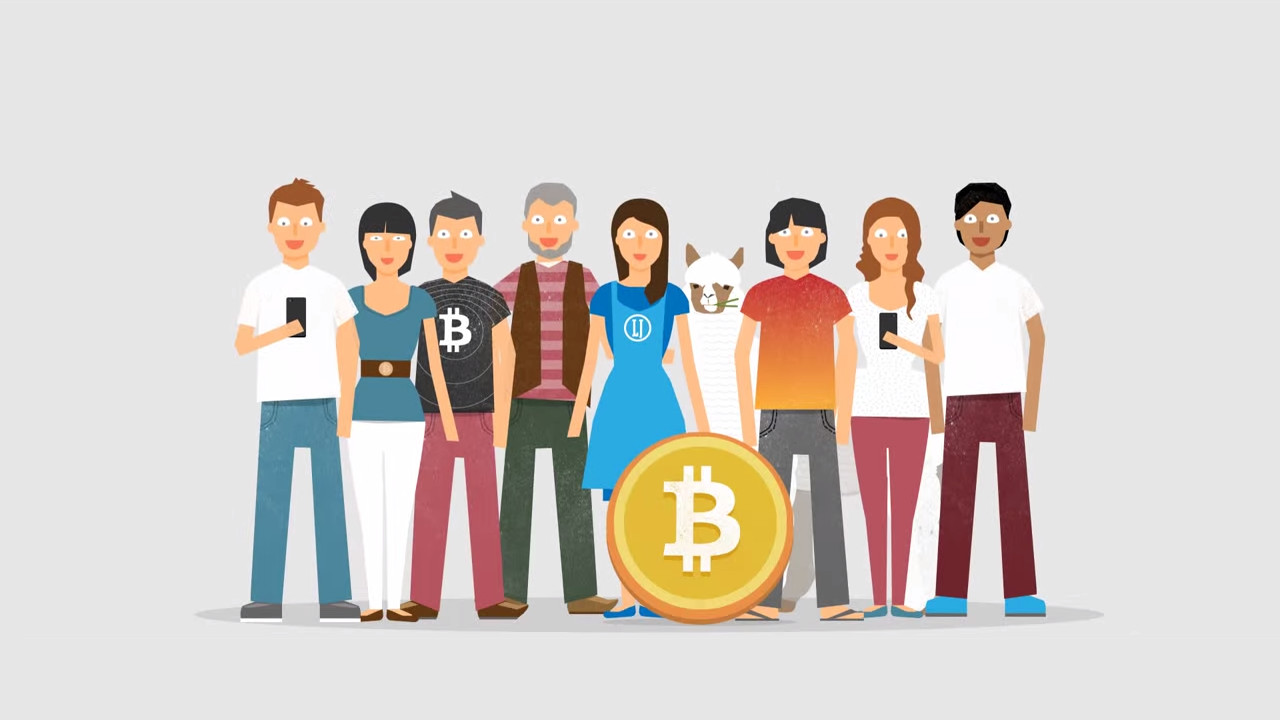Bitcoin actually has the ability to beat inflation.
Hi All,
The famed electronics marketplace Akihabara in Japan has started to move with the times as adoption of Bitcoin rises within stores in the district.
The area houses a huge array of shops selling everything from computers and gaming systems to household appliances and entertainment devices. It has also developed into a popular destination for gamers and is building a strong anime/manga subculture.
Akihabara attracts masses of tourists, as well as locals, to its high-tech electronic stores, but up until very recently, the electronic marketplace has only been accepting regular fiat currency. Now, there is a movement to integrate with high-tech digital currencies, as you would expect in a district that prides itself on technology and gadgetry.
Such a district would be predicted to be leading the mass adoption of digital currencies as a payment system, but in all honesty, it has been a slow take off in Akihabara.

Currently, there is only a small percentage of stores accepting Bitcoin, but there is rapid and recognizable growth.
Forging the way in Japan is BIC Camera stores, they opened doors in Akihabara this week and started accepting Bitcoin immediately using Bitflyer. Other early adopters include Ark Computer Store that takes Bitcoin as well as a local favorite, Monacoin.
Retail stores are booming in their acceptance and adoption to Bitcoin with this week also seeing the retail giant in the country, Recruitment Lifestyle, confirming their Bitcoin-ready point of Sale app is ready to go in 260,000 stores.
Bitcoin’s use as a functioning currency is skyrocketing in Japan, and it is not just retail and technology stores. Property management firm Dualtrap, in the same district, also accepts Bitcoin through local exchange Coincheck.
There are restaurants in Akihabara, such as Au Tokyoite, which features Swiss cuisine, that accept the digital currency.
An adviser for the People’s Bank of China has said that digital currencies, like Bitcoin, do not have what it takes to be a viable alternative currency, but backs them for their ability to hold value.
Bitcoin’s own classification is still quite muddy with it showing the characteristics of many different things. It has been compared to digital gold, as a valuable asset that grows in worth, but it has also been integrated into pay systems in retail stores recently.
China has itself been a bit two-faced in its appropriation of digital currencies, as it has gone from banning withdrawal of the asset, to setting regulations on it aimed at stopping fraud and scams around the digital currency.
Sheng Songcheng, the advisor from China’s Central Bank, made these thoughts public in an interview with financial magazine Yicai.
"Bitcoin does not have the fundamental attributes needed to be a currency as it is a string of code generated by complex algorithms...But I do not deny that virtual currencies have technical value and are a type of asset," he said.
China has always looked to have a stern hold over digital currencies, which, with their anonymity and decentralized nature, are in direct opposition to the socialist state. But when Bitcoin broke records by tipping the scales at $3,000 a coin, it was classified in the People’s Republic as a “virtual good.”
Part of Sheng’s reasoning for Bitcoin leaning towards an asset rather than a currency is the fact that it is a finite commodity with the supply predicted to run dry in 2140. He believes this would make it hard to act like a currency as it could not meet modern economic demands as the currency supply is intrinsically linked to economic needs.
Sheng also reiterated a point that has been recurring in the Central Bank’s idea locker, stating that they should investigate issuing a People's Bank of China digital coin that can be regulated and run by the government.